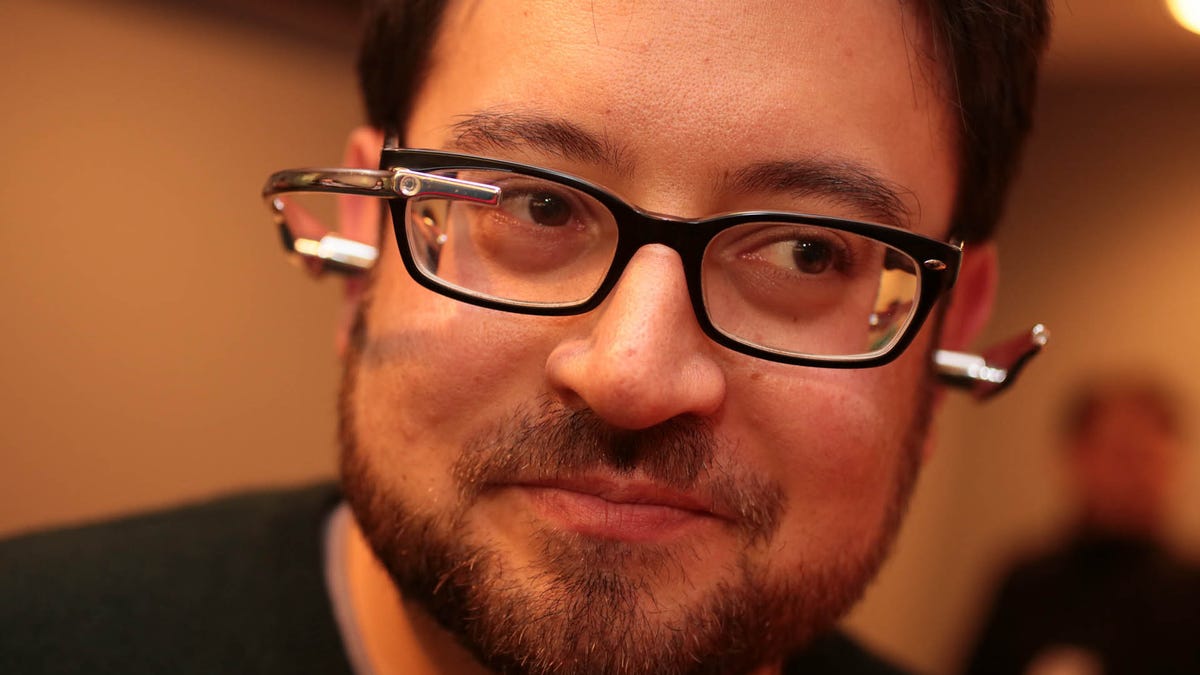Telepathy raises $5 million to develop Google Glass rival
The Silicon Valley startup uses the funding to hire new engineers for its wearable, programmable computing device.

Telepathy, a Silicon Valley startup, has raised $5 million in a first round of funding to develop wearable computing technology that rivals Google Glass.
"Wearable technology will enable the next wave in social networking," Telepathy CEO Takahito Iguchi said in a statement. "The $5 million funding will enable us to enrich the user experience of Telepathy One, which we expect to bring to market in 2014."
Firsthand Technology Value Fund led the series-A investment, Telepathy said. With the money, the Sunnyvale, Calif.-based startup plans to hire new hardware and software engineers.
The Telepathy One headset prototype, demonstrated earlier this year, is a hands-free communications device that wraps around the back of a wearer's head. It has a small screen, earplugs for playing sound, and this fall will get a software developer kit so programmers can write apps for it.
Peter Hoddie, vice president of Marvell Semiconductor's Kinoma software platform and a video compression developer, has joined the startup's advisory board, the company also said.

